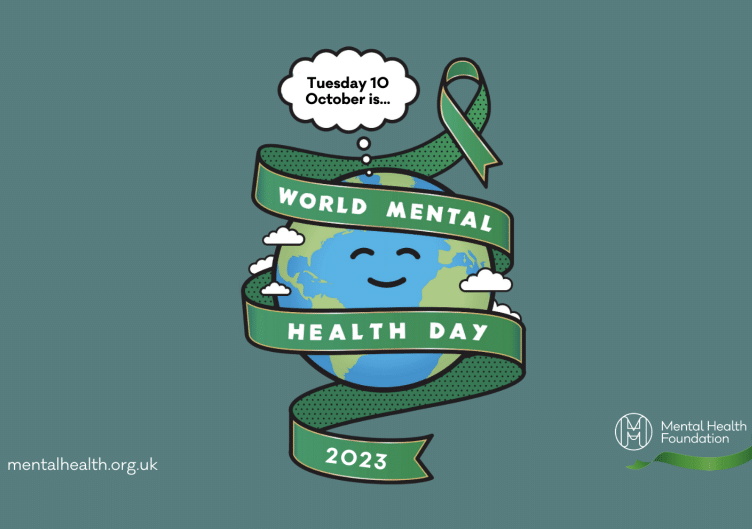
A mental health response scheme in Cambridgeshire is blazing a trail in providing people in crisis with the right help and support.
Inspector Karl Secker has spoken to Cambridgeshire Police Federation about the work of the county’s award-winning Mental Health Joint Response car for World Mental Health Day (10 October).
The scheme sees expert mental health staff attend callouts alongside police officers to ensure people are getting the care they need.
Karl said: “It’s designed to reduce demand on police and mental health colleagues and to prevent s136s (emergency police powers to take people from a public place to a place of safety) by getting people the right care at the right time.
“The vehicle has a mental health nurse with blue light drivers, and they go to jobs that are concerned with mental health or where the mental health nurse believes they can be of some assistance.
“It might be missing persons, domestic violence where there’s a history of mental health issues, or sometimes providing advice to custody.”
It’s funded by NHS Cambridgeshire and Peterborough, part of the Integrated Care System, and has been running since 2021.
The scheme won the regional Excellence in Mental Health Care category in this year’s Parliamentary Awards and was nominated for the national award.
Karl said the service is seen as best practice.
“It’s been trialled in different ways across the country,” he said. “Because of we have mental health nurses integrated into our teams and we have mental health nurses in our control room as well to help us with sharing information, ours has been cited as best practice.”
And he says as well as ensuring people in crisis get the right care from the right people, it’s also making savings for the police service and the NHS.
“We’ve seen s136s, the police’s legal power to take people with a mental health issue to a place of safety for immediate care and attention, come down from an average of around 60 to 70 a month to 30 to 40.
“It’s a massive saving for the NHS and police. The savings for the NHS have gone into the hundreds of thousands of pounds, and several thousand hours of police officers’ time has been saved.”
Karl added: “We’re very pleased with it.
“The main thing is getting the person the right care, attention, and care plan they need initially.
“Police officers are not trained in mental health so sometimes we can come across things in a different way.
“There might be a fear of our uniform and they might think we’re going to arrest them.
“The mental health nurse isn’t in police kit and can talk to them, give them the right care and attention they need and divert them to the right avenue of care.”
